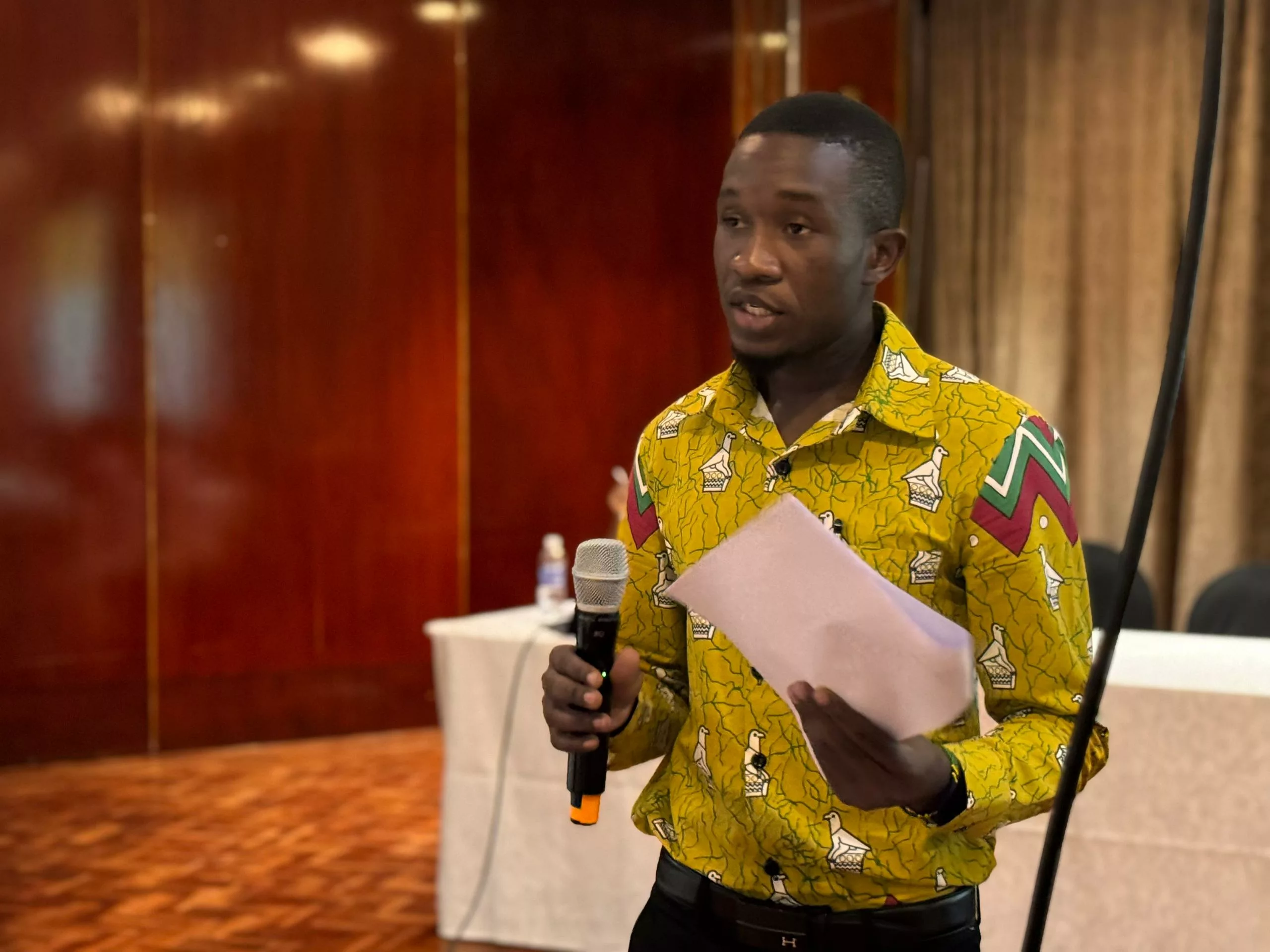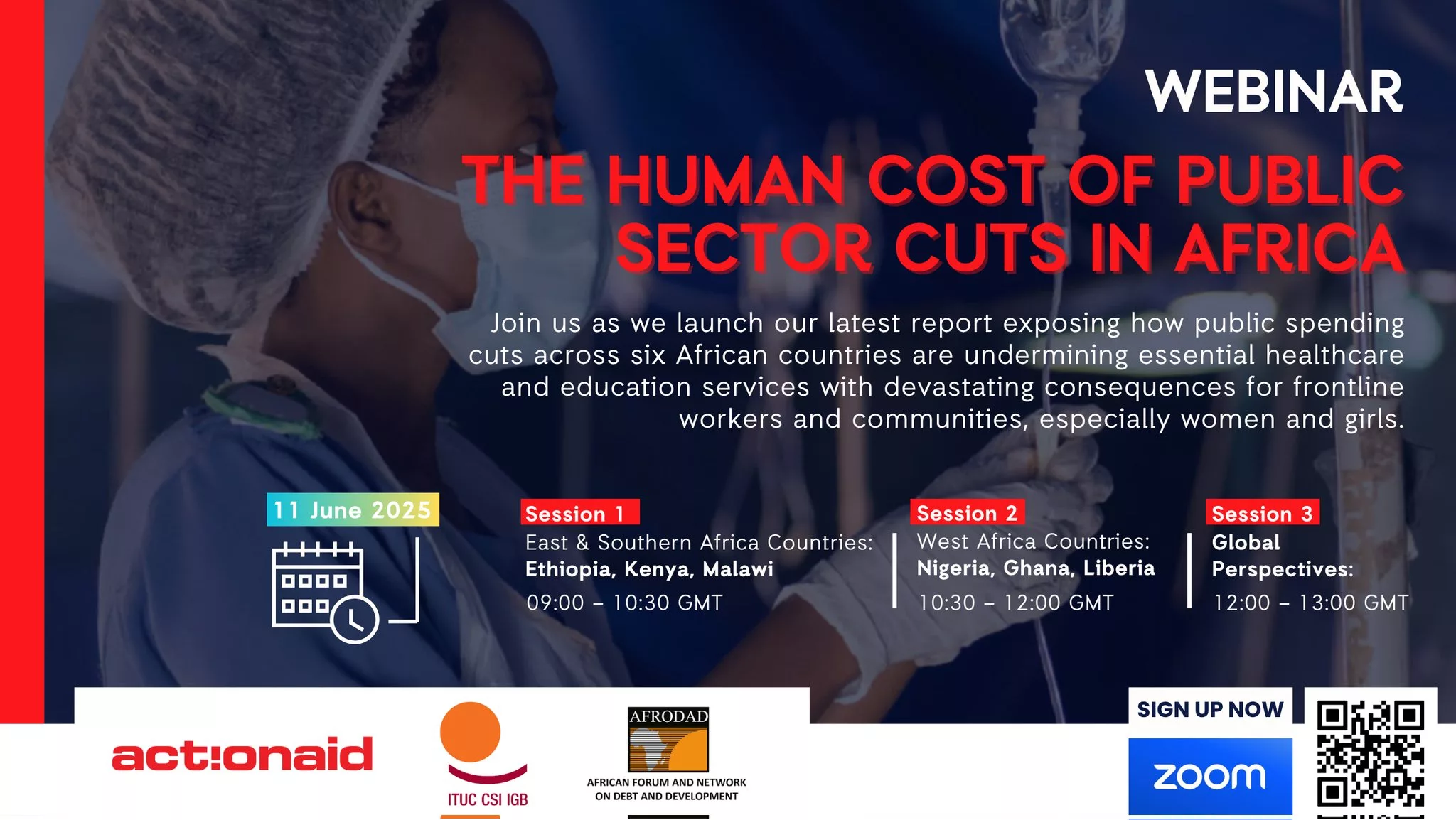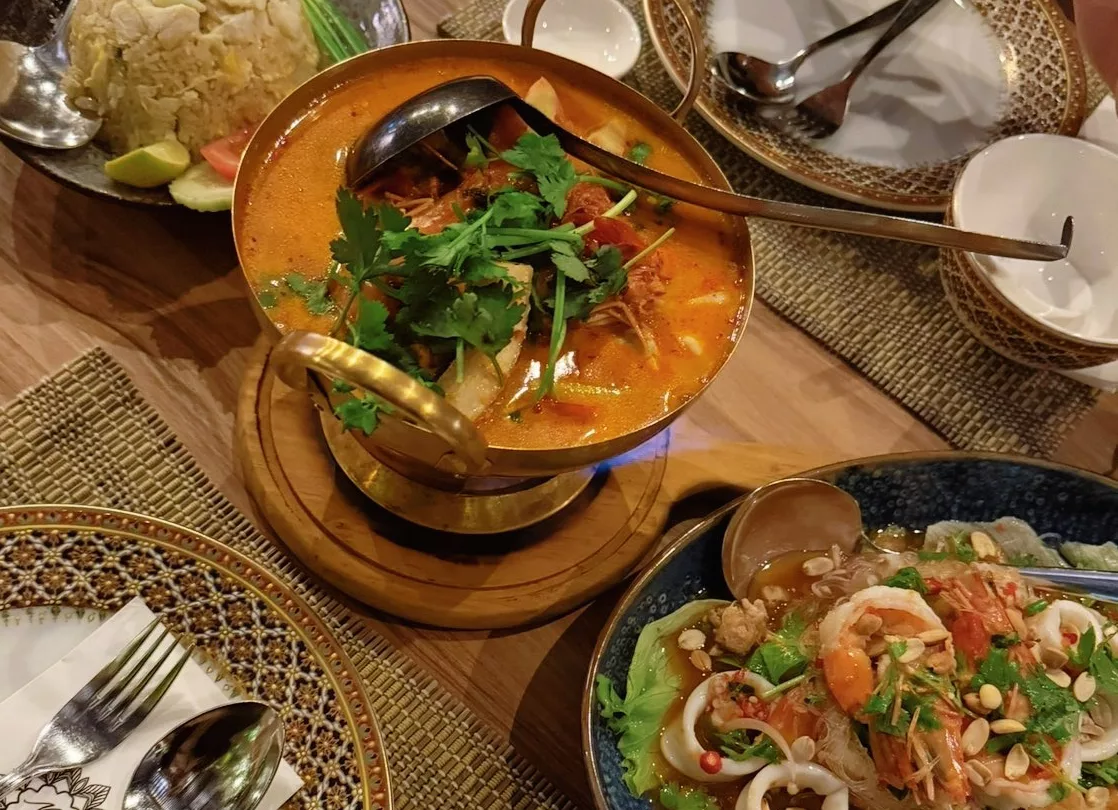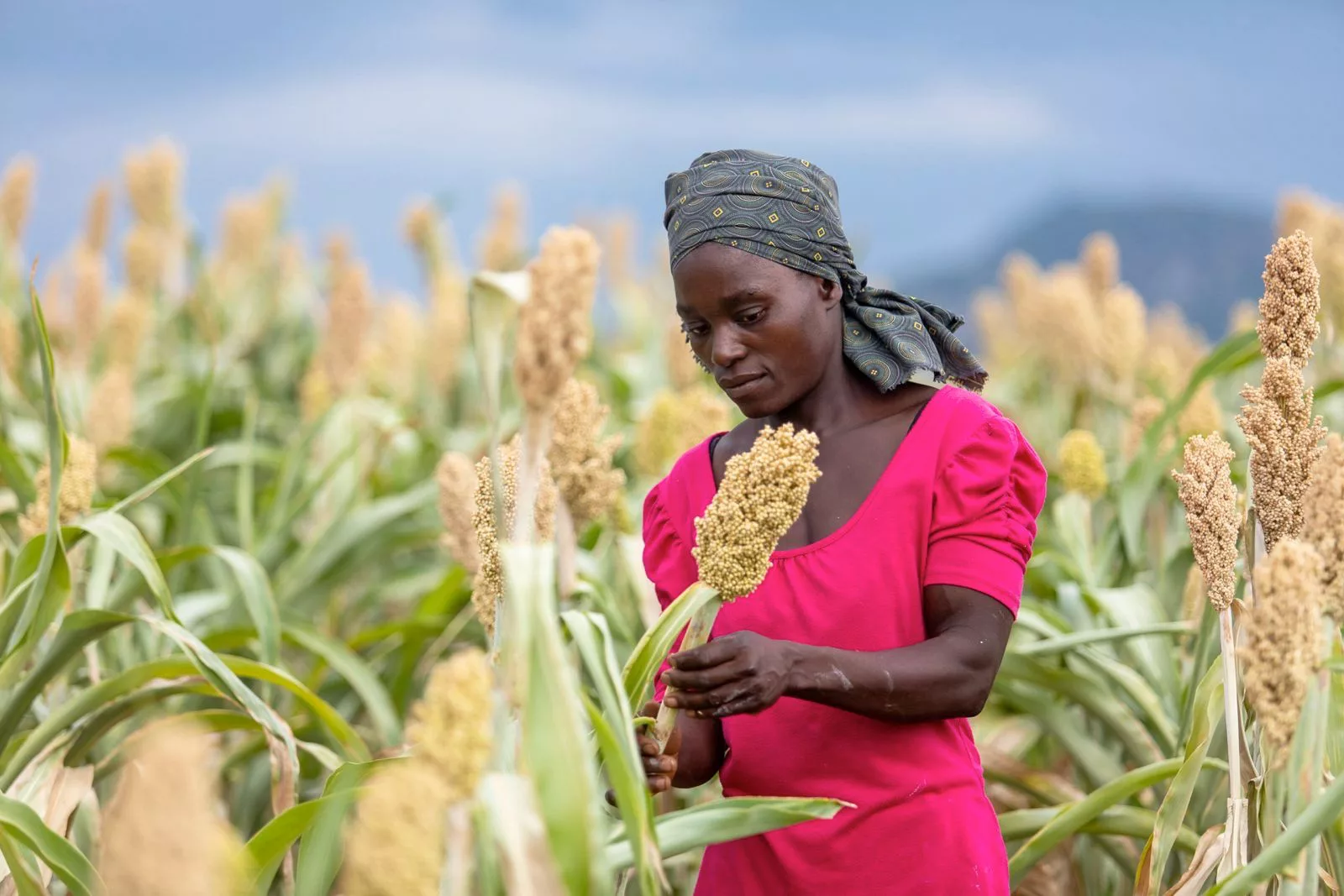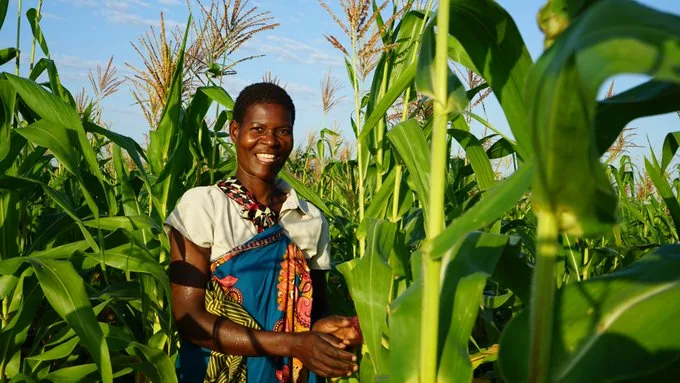|
Getting your Trinity Audio player ready...
|
On the 30th of October 2024, Ash-Gric held a side event at the African Union’s 20th Comprehensive Africa Agriculture Development Programme Partnership Platform (CAADP PP) and the 15th Africa Day for Food and Nutrition Security (ADFNS) under the theme “Inclusive Education & Skills Training: Empowering Youth and Women for Resilient Agri-Food Systems.”
The event was attended by participants from the North, East, West, Central, and Southern parts of Africa and comprised of people in different professions, farmers, organisations, advocates, coaches, teachers, youth leaders, agronomists, and SMEs.
The session commenced with how Ash-Gric is taking charge of contributing to one of the conference’s side themes “Empowering Youth and Women in Education, Nutrition, Food Safety, and Agri-food Systems”.
Ash-Gric highlighted some of its services which include, advisory services, capacity-building training, research services, education, and skills training.
The panel comprised a youth leader, a lecturer, and a women empowerment organisation representative.
Diana Harawa, a female youth, who supports youth dialogues and empowerment in the issues of climate change, food sovereignty, and gender equity, through her project ‘Youth Adapt’, was the first panelist.
Her focus was on integrating climate justice into youth-led agricultural initiatives. Addressing the same gathering, a University of Zimbabwe senior lecturer, and researcher Dr. Crispen Dirwai, presented educational strategies for climate change adaptation in agriculture.
Sheryl Chigwedere of Sprout Women Empowerment Trust (SWET) spoke on ‘Empowering women through alternative skills for socio-economic resilience’.
The audience appreciated the panel discussion and added their contributions, thoughts, and experiences. The discussion stirred up concern and emotions as the issue about the inclusion of women and youth seemed not to have been given the seriousness it deserves, hence always leaving the majority of them marginalised.
For example, a Nigerian lady farmer highlighted that the knowledge that they hold as farmers is very important and should be rendered the importance it deserves.
A panelist from Ghana asserted that “Before focusing on forcing education and training on young people, there first needs to be an awareness done so that they see it as a lucrative field. Most young people are deliberately running away from agriculture because they associate it with poverty, hence a need for initiating mindset change.”
The key issues that arose were that of sensitization of youth and women on the importance of agriculture; making agriculture lucrative and attractive, acknowledging Indigenous knowledge during education dissemination and skills training, and prioritizing youth and women in these empowerment initiatives, especially those from marginalized and peripheral regions.
Ash-Gri has an upcoming project named ‘Ash-Gric Agroecology Academy’. This will be a learning centre that will be disseminating knowledge through educational programs and skills training.
The format of delivery for this Academy will be in the form of specialized courses so that one can choose their certain area of interest and have a full package of knowledge and training about it.
“This Academy will be launched in January 2025 and will not be confined to Zimbabwe only but will be spread across Africa. The registration process for those who will be interested in benefiting from the project has already started. Organisations, research institutions, funders, and technical personnel are invited to join Ash-Gric in reviewing the development and rolling out of this program,” said Ashley Rukudzo Kavumbura, the Founder and Director of Ash-Gri.


